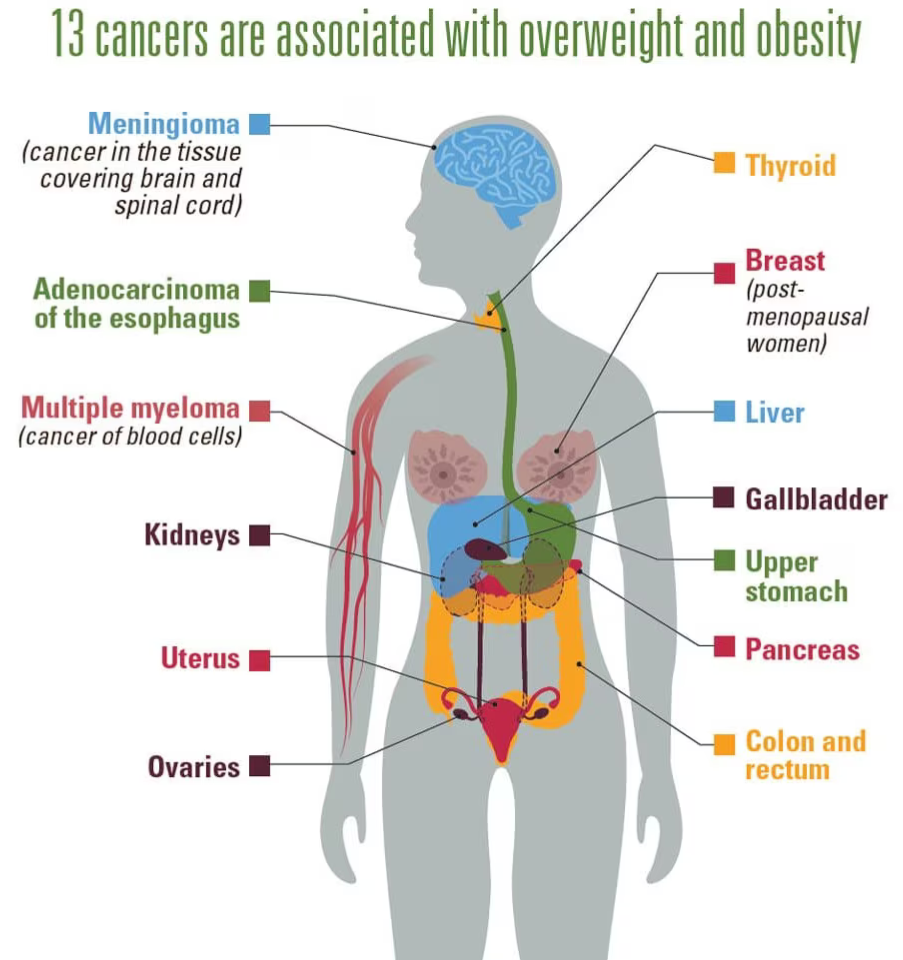We believe in more than just talk—we focus on creating actionable change. With a blend of Cognitive Behavioral Therapy (CBT), group therapy, interactive learning with Cohort and holistic methods, our programs focus on setting small, achievable goals that create lasting habits.
Our comprehensive 8-week program combines Cognitive Behavioral Therapy (CBT) techniques with evidence-based strategies to assist you in changing habits and reducing cancer risk. Expect two individual consulting sessions per week focused on behavior management, dietary improvements, physical activity, and overcoming barriers to change. Additionally, our twice-weekly group sessions cover basic nutrition, resistance training, sleep optimization, distress tolerance, mindfulness activities, and overcoming negative thought patterns. Engage with supportive peers who share similar goals and reinforce positive habits. Learn to self-monitor and build strategies for maintaining your new lifestyle. Together, we will guide you through the journey of true transformation. Call or text now for any questions and to begin your path to a healthier you! The results are limitless when you have Shanna and Carly on your team.

This 8-week therapy program focuses on addressing unhealthy eating habits, emotional regulation, and the development of sustainable weight management strategies. It integrates Cognitive Behavioral Therapy (CBT) for changing thought patterns, Solution-Focused Therapy (SFT) for goal-setting, and Dialectical Behavior Therapy (DBT) for emotional regulation and mindfulness. This program will help reduce your risk of cancer while increasing your quality of life.
By the end of the program, the client should have:
Cognitive restructuring, thought tracking, challenging irrational beliefs.
Mindfulness, distress tolerance, emotional regulation, and radical acceptance.
Goal setting, identifying exceptions (times when the problem didn’t occur), and amplifying strengths.
This structured approach integrates multiple therapeutic techniques, providing both the tools for immediate habit change and the resilience to maintain progress in the future.
(689) 323-2378
info@ibcorlando.com
Copyright ©️ 2024 ibcorlando || Design By Technovere.com